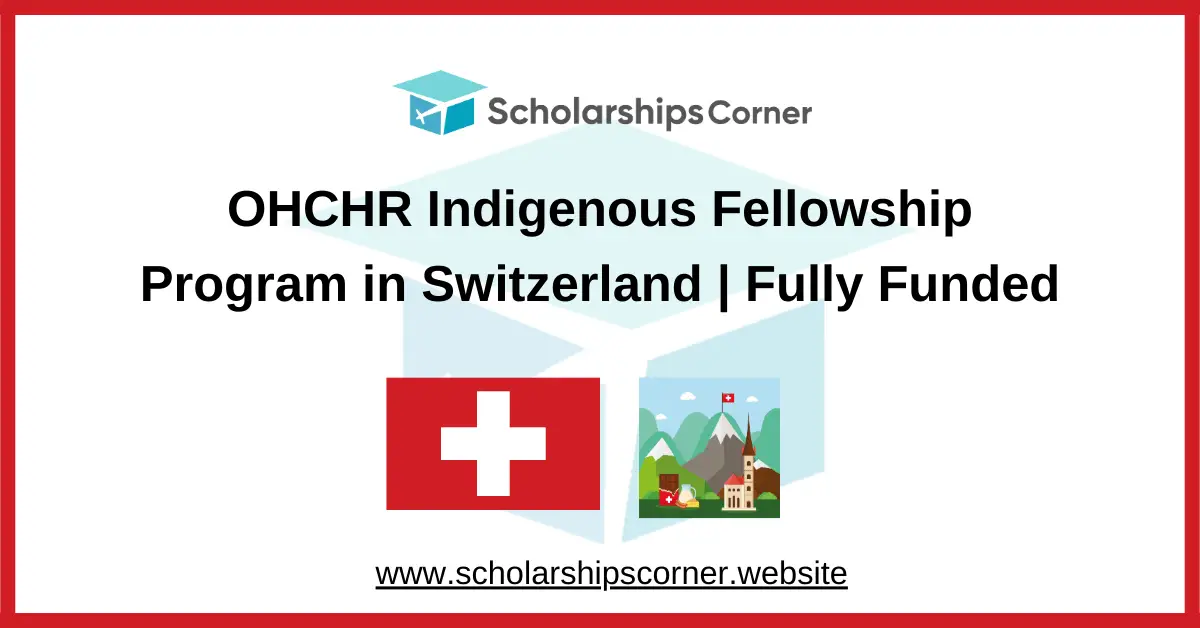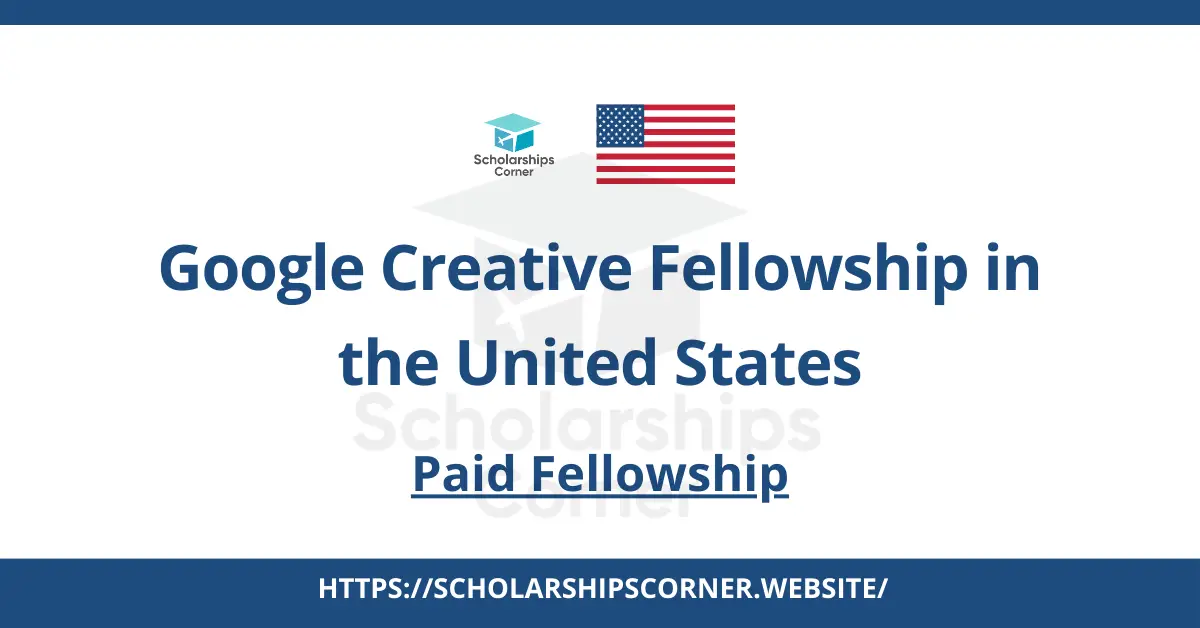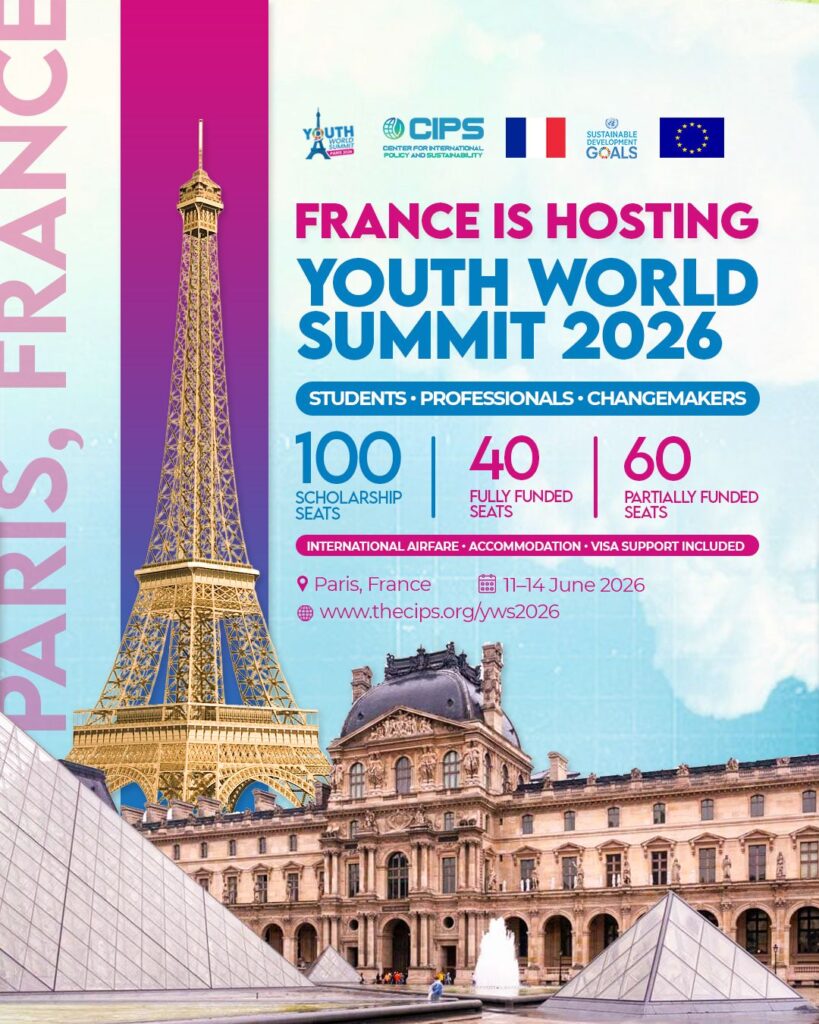OHCHR Indigenous Fellowship Program 2025 in Switzerland is designed to provide a professional experience to energetic people to learn and fight for human rights to provide social justice to people. This fully-funded fellowship is easily accessible to people from almost every region around the globe who know any of the following languages: English, French, Spanish, Portuguese, and Russian. You will have to spend your four-week journey in Geneva where you will be trained thoroughly to deal with the issues of the people around the globe. The fellows will get the opportunity to actively engage with the Expert Mechanism on the Rights of Indigenous People, which is held in June/July every year.
The United Nations fellowship opportunity in Geneva commenced in 1997 under the renowned name of the Office of the United Nations High Commissioner for Human Rights. It was formulated in honor of completing the first international decade of the World’s Indigenous People. The program aims to facilitate indigenous people with the chance to learn about the working mechanism of the United Nations Institutions which are contributing their part in dealing with the Human Rights and issues related to the indigenous people.
The selection for the fully funded UN fellowship in Geneva is totally based on the parameters that reflect gender and regional balance along with the balance of global communities. Moreover, the situation of human rights in the regions is also taken into account while making a selection of the participants. At first, the previously selected indigenous fellows will select 15-20 candidates, following the interviews in their respective languages. If the candidate has applied for Portuguese, Spanish, and Russian languages, the partner Universities will also take part in the selection of the candidates.
The right to food, health, education, work, and liberty are the fundamental rights to life that are inherent to all of us without any discrimination of nationality, sex, origin, ethnicity, religion, language, or nation. If any of the rights are curbed, the Universal Declaration of Human Rights can guide you in a better way. All of these rights are interdependent and you can not enjoy the one right with the curtailment of the other right. It believes that all human beings are born free and equal in terms of exercising their due rights and dignity in equal footing. This free-of-cost fellowship program will help you stand up with the people for fulfilling their human rights. Thus, bringing change worldwide.
OHCHR Indigenous Fellowship Program 2025 in Geneva, Switzerland:
Host Country:
- Geneva, Switzerland
Host Organization:
- United Nations Human Rights Office of the High Commissioner.
Program Duration:
- The duration of the OHCHR Indigenous Fellowship Program 2024 in Switzerland is four weeks.
Benefits of the OHCHR Indigenous Fellowship Program 2025 in Switzerland:
- It will be available in five languages including English, French, Spanish, Portuguese, and Russian.
- It will provide you with the return flight ticket.
- It will cover your living expenses.
- It will provide you the basic health insurance coverage for the whole duration of the training.
Eligibility Criteria of the OHCHR Indigenous Fellowship Program 2025:
- You must be an indigenous candidate.
- There is no specific age limit required.
- There is no restriction on formal education.
- You should be committed to educating other indigenous people after your return to the respective communities.
- The candidate with the proposed personality should apply.
- You should have a good working knowledge of any of the above-mentioned languages.
Check Hong Kong Fellowships | Fully Funded
How to Apply for the OHCHR Indigenous Fellowship Program 2025:
- Students have to apply online.
- You need to download the application form.
- Ensure to fill in the required information.
- Complete your application form carefully and send it to the given address before the deadline.
UN Fellowship Deadline:
- The application deadline for the OHCHR Indigenous Fellowship Program 2025 is 31 August, 2024.









